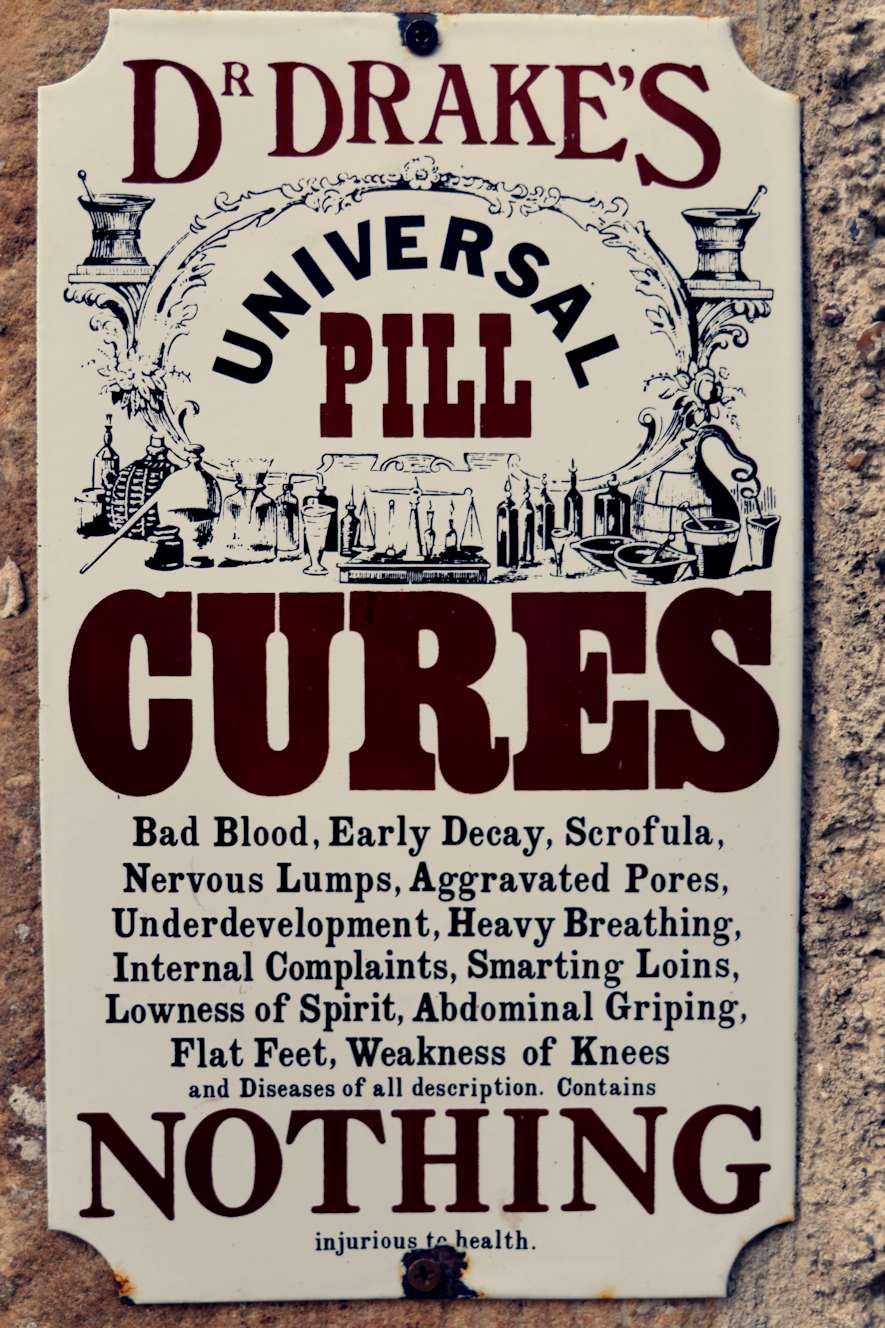
Should patients be more involved in assessing quality of healthcare?
October 31, 2014
What are the challenges faced in the implementation of policy?
November 6, 2014A historical Perspective of Suicide
The etymological roots of the word ‘suicide’ are derived from the Latin word suicidium; sui, ‘of oneself’ and cidium, ‘a killing’. The term was first used by the abbots Prevost in 1734 and Desfontaines in 1737 (Sarro & de la Cruz, 1991) but it is likely that suicide has been a human phenomenon ever since man began to organise himself into tribes. Recent anthropological studies (Washburn, 2004), have in fact, shown, that it was not uncommon for a hunter to sacrifice himself by acting as bait during the hunt for wild animals, in order to allow his fellow tribesmen a better chance of making a kill. Whether the act was committed for romantic, rational or philosophical reasons or more commonly due to desperation, this form of suicide, known today as ‘altruistic suicide’ (Durkheim, 1897), has been present throughout the history of mankind. From Socrates to Judas Iscariot, from Hemingway to Deleuze, a number of culturally influential people have committed suicide, but as yet the more profound reason for this act remains elusive to scholars (Leenaars, 1996), with Giner and Leal (1982) stating that “suicide seems to be the most personal act that a man could perform".
Click here to read the full article on PsychCentral Professional

